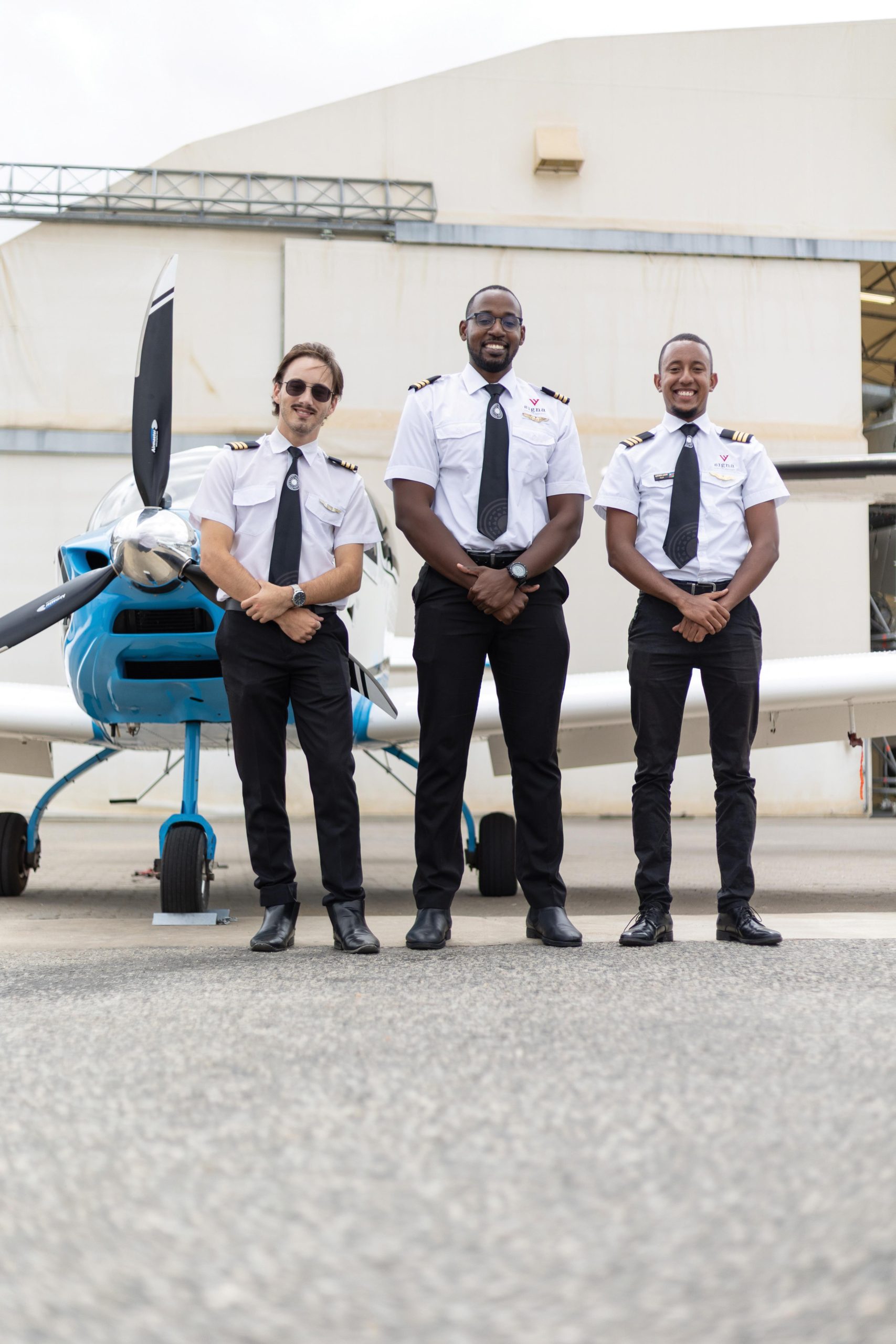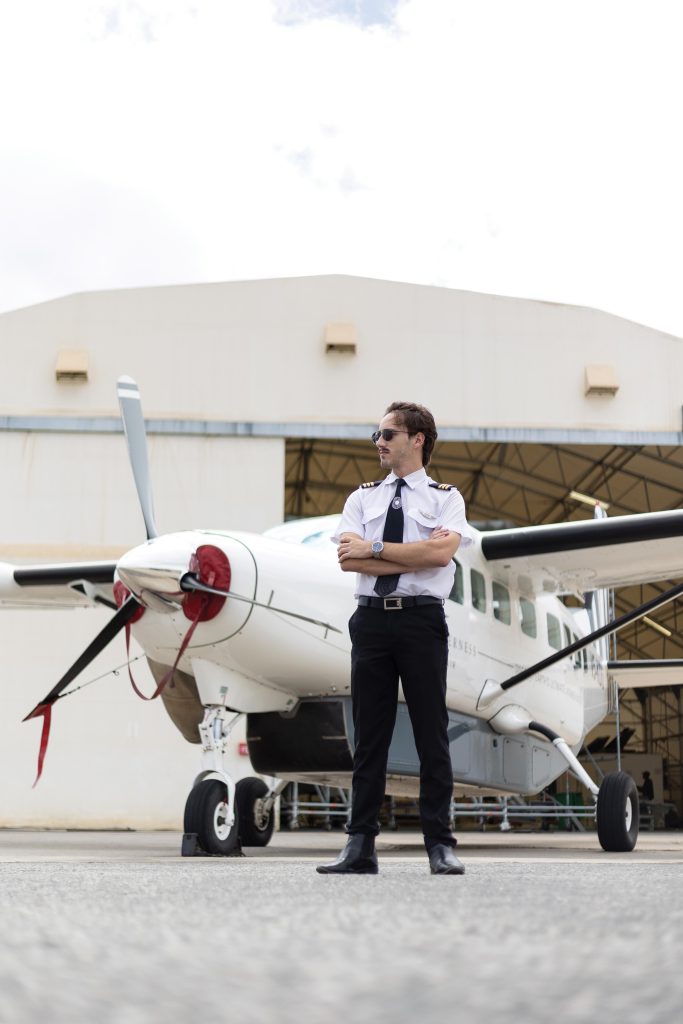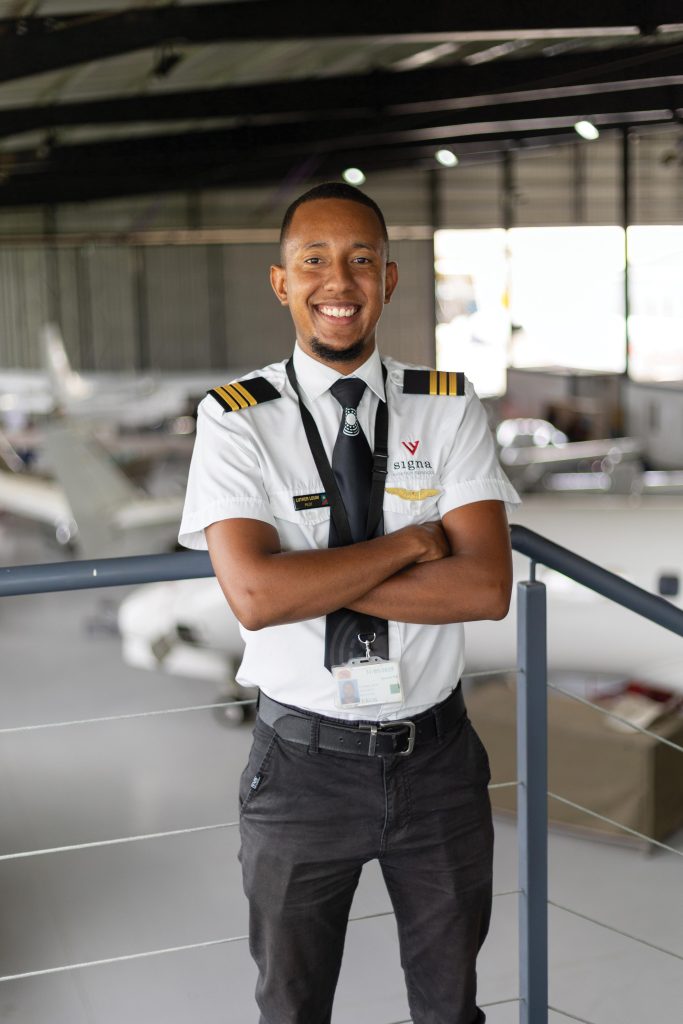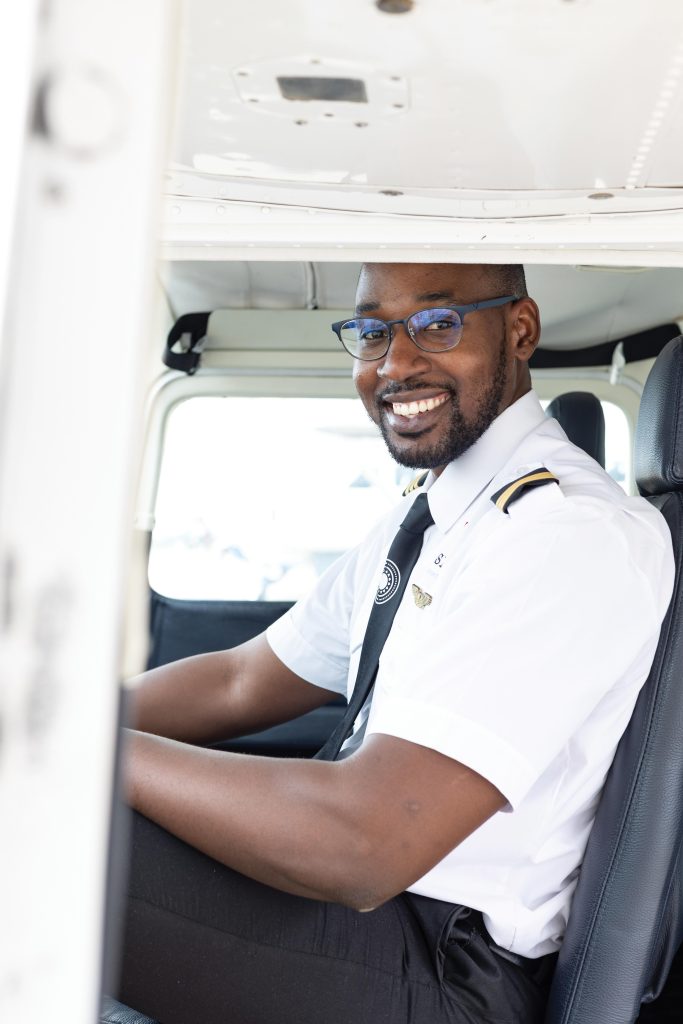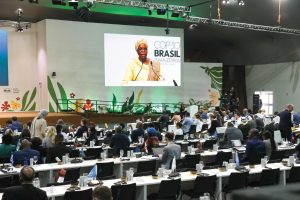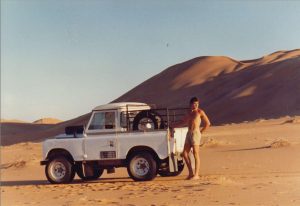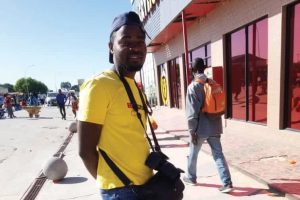
Cameras put bread on the table
Namibian youths are turning photography into a source of income, proving that creativity and determination can build sustainable livelihoods. This inspiring story follows young entrepreneurs in Ondangwa as they hustle to make a living one photograph at a time.
